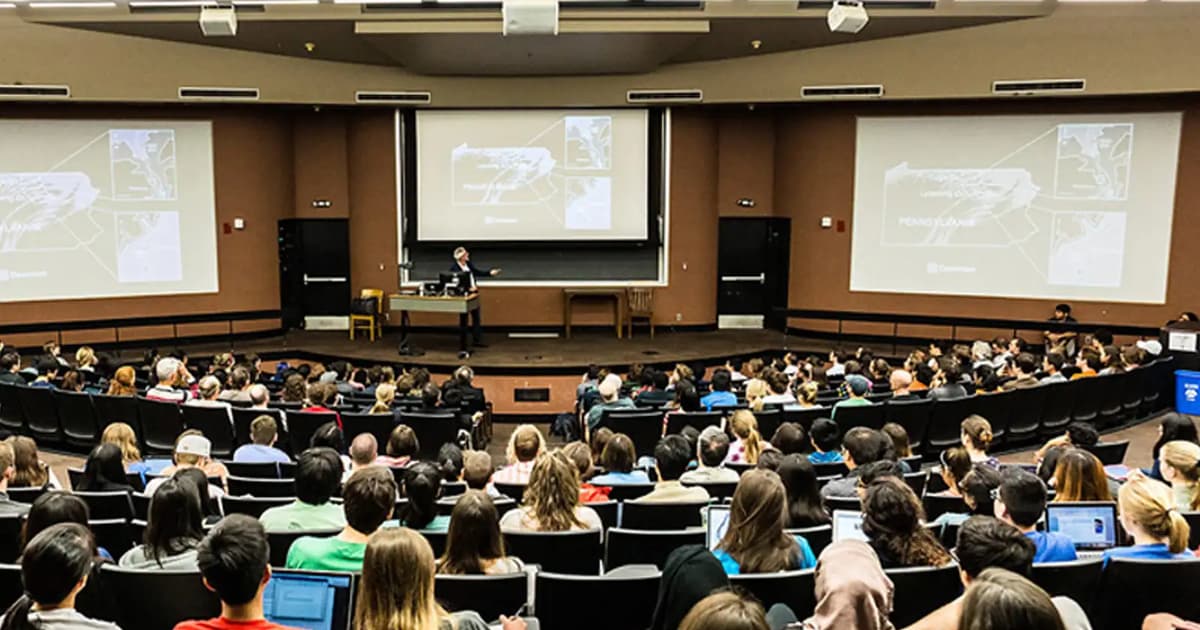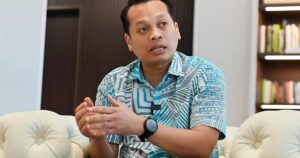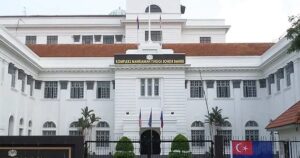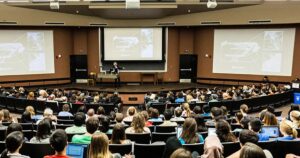
From Syerleena Abdul Rashid
When a university professor claims that the ancient Malays could fly or that Romans learned shipbuilding from us, it is tempting to laugh – until you realise that this is not an internet parody, but a symptom of a national ailment.
It is a symptom of a much larger, and sadder, truth: Malaysia is facing an intellectual crisis.
The recent expose of certain academic journals citing satirical news websites as credible sources confirms what many of us have quietly feared: that the culture of academic excellence in this country is collapsing.
The institutions that were supposed to produce our best minds are instead tolerating, even rewarding, mediocrity.
This is not about one professor or one bad paper. It is about a system that no longer seems to value truth, rigour, or integrity.
It is about how we, as a nation, have become too comfortable with intellectual laziness – where getting published matters more than getting it right, and where holding a title is seen as more important than holding an idea that can withstand scrutiny.
Our universities once stood proudly as places of debate, innovation, and courage. They were meant to challenge dogma and nurture curiosity.
Today, too many have become echo chambers – careful not to offend, careful not to question, careful not to think too deeply.
When critical inquiry is replaced by blind loyalty and discourse is seen as disrespect, knowledge itself begins to die. Anti-intellectualism slowly creeps in with quiet acceptance.
We see it happen when lecturers stop asking hard questions because it is safer not to, when students quote Wikipedia and call it research, and when members of the public believe anything that goes viral must be true.
And what happens when a society stops thinking critically?
It becomes easy to manipulate, and therein lies the real danger: not bad professors, but a nation that no longer knows how to separate fact from fantasy.
We must find the courage to reverse this decline. It begins with honesty and accountability in our academic institutions.
Peer review must be real, not performative. Promotion should be based on quality, not seniority or political convenience. We need to value scholars who challenge us, not flatter us.
We must also reimagine how we teach. Education should not be about memorising facts, but about developing the ability to question them. Students should learn how to think, not just what to think.
Because when we raise a generation that only repeats without reasoning, we create citizens who follow without understanding.
We often say that Malaysia needs reform in politics, the economy, or governance. But before all that, we need a reform of the mind. We need to rediscover the joy of thinking, the courage to question, and the humility to admit when we are wrong.
We are a nation built on diversity and brilliance, from engineers and doctors to artists, writers, and teachers.
Malaysia cannot afford to betray that legacy by settling for intellectual shortcuts. The future of Malaysia will not be decided by slogans or sentiment, but by the strength of our ideas.
If we fail to reclaim the culture of truth and thought, then anti-intellectualism will not just embarrass us – it will destroy us from within.
Syerleena Abdul Rashid is the MP for Bukit Bendera from DAP.
The views expressed are those of the writer and do not necessarily reflect those of FMT.






